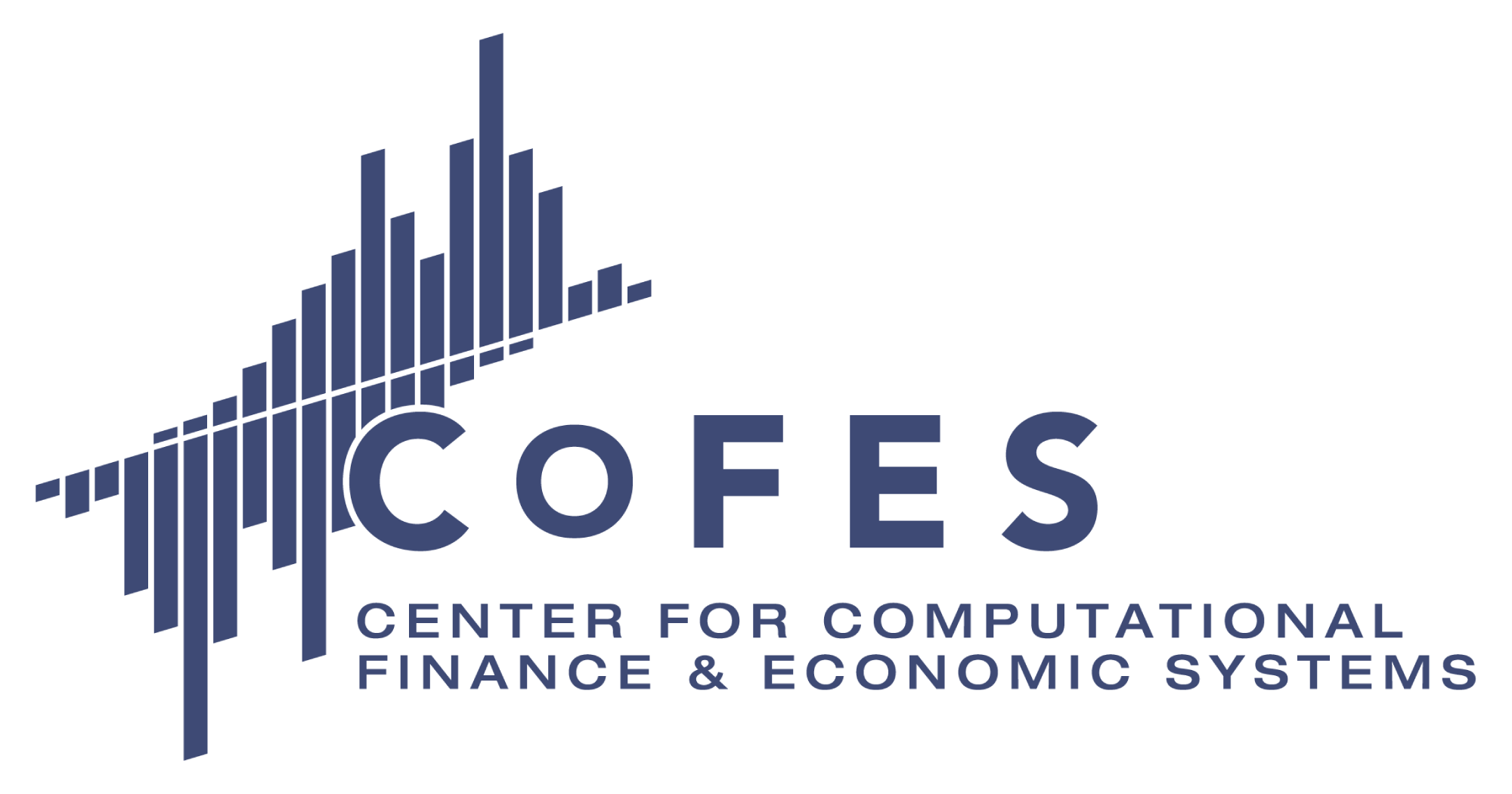
Farmers and land managers in much of America’s Midwest and around the world are feeling the impacts of climate change firsthand as weather extremes become more frequent.
Statistician Frederi Viens and his research group at Rice University are examining how extreme weather patterns, such as drought and excess moisture, are affecting crop productivity and how agricultural, market pricing and crop insurance risks can be mitigated with climate-smart sustainable farming practices.
The work is part of a multi-institutional partnership involving the nonprofit soil advocacy group Land Core and statisticians and data scientists from Rice and Michigan State University, agroecologists and quantitative ecologists from the University of California Berkeley, and agricultural economists from the University of Arkansas.
“Climate-smart farming practices, such as cover crops, more diverse crop rotation, nutrient management and reduced or no-tilling, all build healthier soil and resilience to drought conditions,” said Frederi Viens, a professor of statistics at Rice.
“A project of this scale and complexity requires a systems-level understanding of how components of the agricultural system interact and function as a whole,” said Viens.
Viens leads the Land Core Risk Model statistics team, which includes Michigan State University doctoral student Gina Pizzo, Rice doctoral students Tyler Bagwell and John (Tripp) Roberts, and Rice undergraduate student Zirong (Monica) Liu.
Using advanced probabilistic and statistical methods, Bagwell, a third-year statistics doctoral student, has been working with Pizzo to analyze high-resolution imaging data from over one hundred million acres of farmland to simulate responses in crop yields to environmental predictors, such as extreme weather events and sustainable farming practices, across time.
Preliminary results of the research, which are available in a pre-print on agriRxiv, provide evidence that more diverse crop rotations can protect against corn yield loss in drought conditions.
Bagwell says the challenge is in building a model with very high-resolution, high-dimensional data.
“The U.S. Midwest is one of the largest and most productive agricultural regions in the world, and we are considering a range of geospatial factors, such as local climate, topography and soil type and quality, relative to small- and large-scale farms across county and statewide grower levels,” said Bagwell.
Roberts, a fourth-year statistics doctoral student and Liu, a junior majoring in mathematics, are developing the economic component of the Land Core Risk Model. Their work focuses on translating agricultural yield predictions into financial risk metrics by modeling commodity price dynamics under different climate scenarios.
“The model starts with historical country-elevator price data to establish baseline commodity prices at the county level. We then apply stochastic modeling techniques to simulate future price scenarios, accounting for market volatility and weather-related uncertainties,” said Roberts.
The price projections are then combined with the yield predictions from Pizzo and Bagwell's agricultural models to estimate potential financial returns per acre. Through this analysis, the Rice research team can examine how different farming practices might affect both yield stability and financial outcomes.
“The goal is to provide quantitative evidence that sustainable farming practices can help reduce financial risk for farmers while also making a case for agricultural lenders and insurers to incentivize these practices,” said Roberts.
The project is supported by grants from the Agriculture and Food Research Initiative (AFRI) at the U.S. Department of Agriculture’s National Institute for Food and Agriculture and from the Foundation for Food and Agriculture Research.
- Shawn Hutchins, Communications and Marketing Specialist

